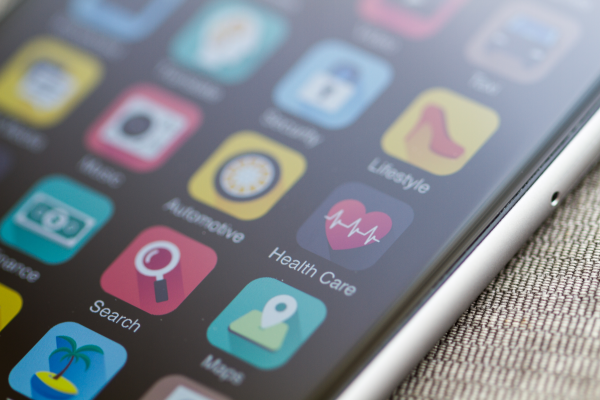New research has revealed more than one-third of Australians have become convinced they have a life-threatening or terminal illness after using Google to research their symptoms.
The research of 1,511 Australians, commissioned by medical software and information provider MedicalDirector, has revealed the extent to which Australians are turning to Google for health care advice.
More than half (54 per cent) are using the search engine at least weekly to look up medical information and symptoms.
Almost three-in-four (72 per cent) say they have used Google at least once to address their health needs instead of visiting a doctor. More than 40 per cent of respondents use Google as their only source of health information at least half of the time.
According to the research, 60 per cent of respondents who were convinced they had a particular illness after using Google to research their symptoms found out it was something else after they visited a healthcare professional.
“The convenience of looking up health information on Google can easily turn from a habit to a full-blown addiction," said Dr Charlotte Middleton, GP and chief clinical advisor at MedicalDirector.
"I’ve seen many patients who just can’t seem to stop Googling their symptoms, to the point where they need an actual intervention from family and friends to stop them doing it."
The behaviour of younger people who grew up with digital tools is the most worrying, observed Dr Middleton, with a large majority of 18-24-year-old Australians (87 per cent) systematically using Google to research their medical symptoms while one-in-five (20 per cent) say they feel more anxious and worried after doing so. This compares to 50 per cent and 5 per cent respectively for Australians aged 55-65.
MedicalDirector said the trend is creating a growing community of ‘the worried well’ across Australia with the risk of 'digital hypochondria'.
The research also confirms that a vast majority of respondents (82 per cent) agree their doctor has more access to the information about medicine, diagnosis and treatments than Google. Yet one-in-four (25 per cent) would expect their doctor to incorporate Google research into their diagnosis and 38 per cent think their doctor could improve their consultation by providing a fact sheet explaining their condition.
“There is a wealth of good quality, evidence-based information online, but it’s a matter of knowing about where to look,” continued Dr Middleton.
“Also, one in five patients is embarrassed to tell their doctor they have been searching Google for medical answers. That’s why it’s important for more GPs to proactively drive the Google conversation, be well-versed on patient information resources and share them with the patient. With that said, I strongly encourage patients to seek doctors’ advice first.
"Google can be a way for Australians to improve their health knowledge overall, and a good adjunct to a doctor’s diagnosis and treatment – however, it becomes a problem when it is used instead of seeking our help.”
